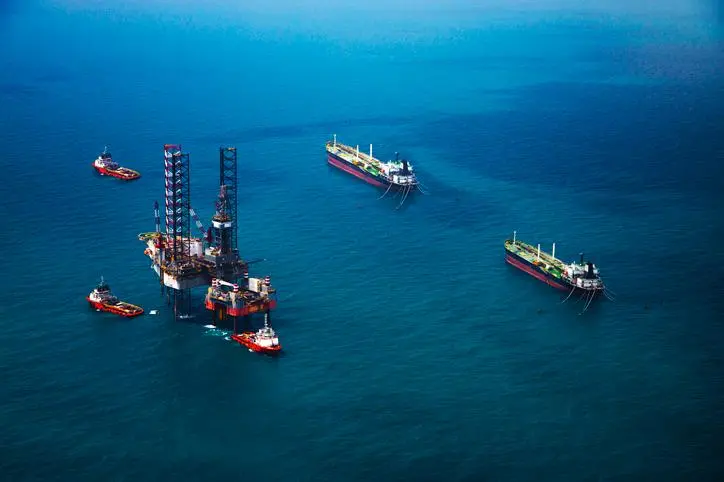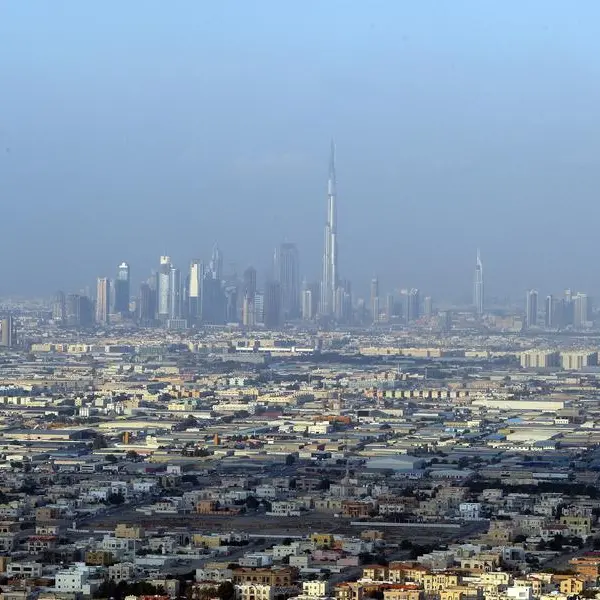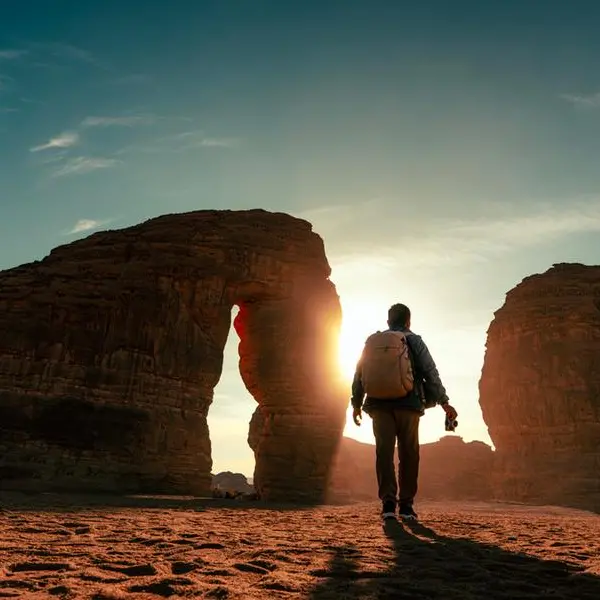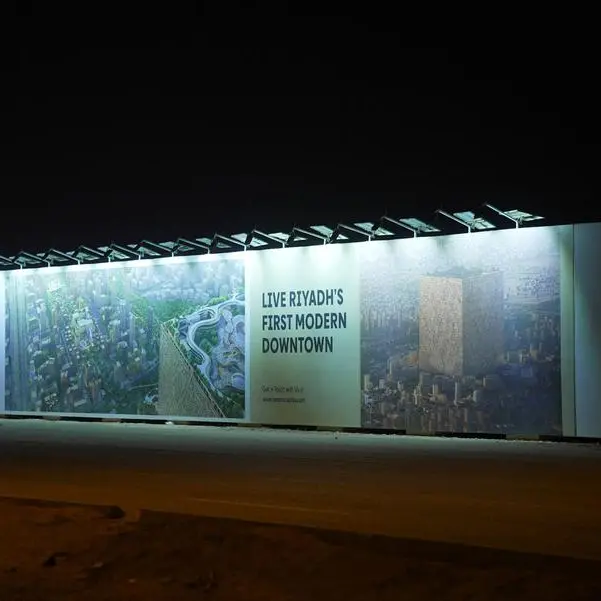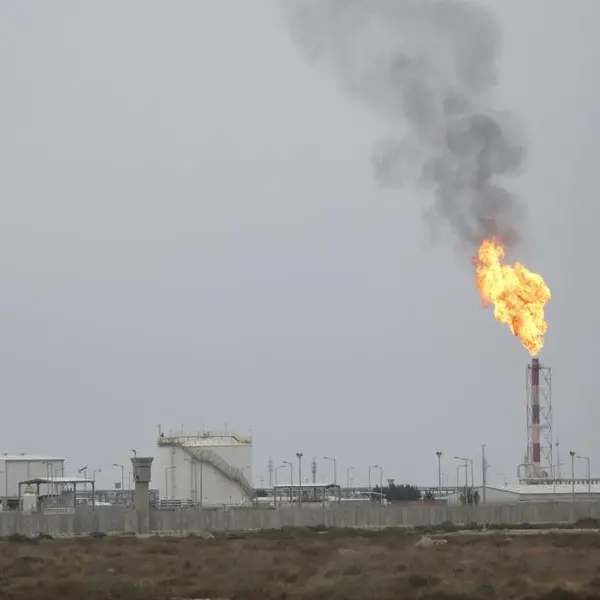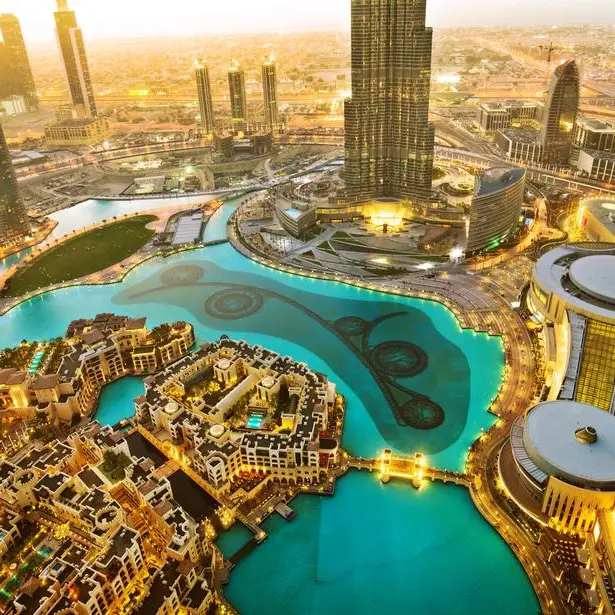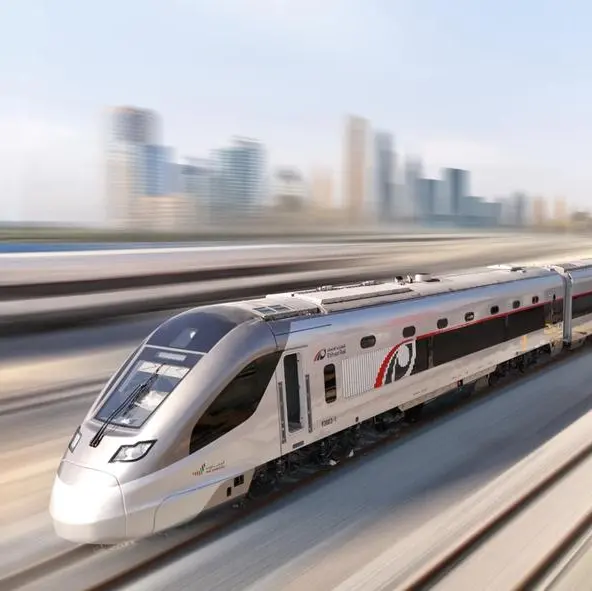PHOTO
MANAMA: Bahrain remains on pace to bring online its offshore shale reserves by 2023, although a final investment decision and outside investor interest is still a work in progress.
Oil and gas minister Shaikh Mohammed bin Khalifa Al Khalifa said the project remained in the test drilling phase and results were too preliminary to determine a potential maximum production rate at this time.
“Initially, when we started in 2018, we said five years, so we should be ready by then,” he said during a webinar hosted by the Arab Gulf States Institute in Washington.
“What we need to prove first is the geological and technical viability. Once we get there, hopefully, we will have investors.”
In 2018, Bahrain first revealed the extensive Khaleej Al Bahrain reservoir off the west coast, which could contain approximately 80 billion barrels of tight oil – the kingdom’s largest oil discovery since the 1930s.
The oil and gas ministry has said it is targeting producing up to 200,000 barrels per day (bpd), though the resources are likely to be technically challenging to develop.
This would double Bahrain’s current crude output, which averaged 180,000 bpd last month, according to the S&P Global Platts’ survey of OPEC+ production.
In 2019, Bahrain also signed a memorandum of understanding with Chevron to conduct an assessment of unconventional offshore oil and gas potential in the Gulf of Bahrain.
The appetite for investment in challenging reservoirs has been significantly impaired by the coronavirus pandemic and faces further headwinds with the growing push from regulators and shareholders towards environmental sustainability.
Shaikh Mohammed added that upstream development was still necessary, while renewable energy companies continue to scale up to meet growing global demand.
“With high oil prices, the chances of the resource extraction going full-scale are better,” he said. “The resources should be attractive to investors, as its production will be consumed locally by the Bapco refinery, with no need to build additional infrastructure for exports or processing.”
Bapco’s 267,000 bpd refinery, which currently imports most of its stock from Saudi Arabia, is in the middle of a $6 billion (BD2.26 billion) modernisation programme that will see its capacity expand to 380,000 bpd.
Production from the new fields is set to displace the Saudi imports, allowing Bahrain to reduce its import bill, according to Shaikh Mohammed.
© Copyright 2020 www.gdnonline.com
Copyright 2021 Al Hilal Publishing and Marketing Group Provided by SyndiGate Media Inc. (Syndigate.info).
